Program Guide for the Ed100 Academy for California Student Leaders (Summer 2020)
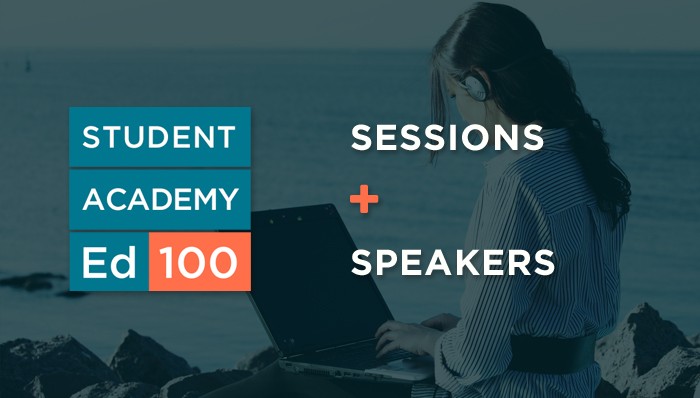
Sessions and Speakers
July 20-23, 2020
The 2020 Ed100 Academy for California High School Student Leaders was held online July 20-23, 2020. As announced, the conference was free. Over 1,000 students applied, representing high schools from all over California.
The summer 2020 conference is over. Use the button below to apply for early admission for the 2021 conference, which will be held online June 21-23, 2021.
Think of this post as the "brochure" for the 2020 conference, which was held via Zoom in seven sessions over four days.
* Officially, the conference will begin promptly at 10am. Please show up early, though. By 9:50 we will begin the pre-session, and you won't want to miss it!
Host:Brenna Pangelinan
Student member, California State Board of Education
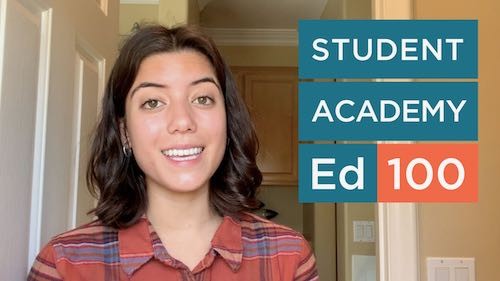
For the last year Brenna Pangelinan has represented more than 6 million students attending over 10,000 public schools.
She's a recent graduate of Eastlake High School in southern California, and will soon begin her studies at Brown University. You'll get to know her as the host of the Academy.
Alexandra (Alex) Bernadotte
Founder and CEO, Beyond12
It's the job of the K-12 education system to prepare students for life beyond grade 12. But does it? What does it actually take? How can student leaders play a role in building an education system that takes educational equity seriously? Alex Bernadotte will address these themes through the lens of her own story.
Beyond 12, an Oakland-based non-profit organization, works with high schools and college success organizations to support their alumni as they enroll in and persist through college, as well as directly with colleges and universities to increase their student success and graduation rates. Beyond 12 was founded in 2009 by entrepreneur, Alexandra (Alex) Bernadotte, who drew inspiration to create the organization from her own experience as a first-generation college graduate. Born in Port-au-Prince, Haiti, Alex grew up in inner city Boston, the oldest daughter of immigrant parents who were determined to see her succeed. Like many first-generation college students, Alex struggled with the transition to college. Her first year at Dartmouth was tough. After years of hard work to get into college, Alex was shocked to realize that receiving her acceptance letter had been the easiest step. But she stuck it out, graduated in four years, and became the first in her immediate family to receive a college degree. The challenges Alex faced during those years at Dartmouth planted a seed for what she wanted to do: start an organization to ensure other first-generation college students wouldn’t struggle as she had.
Mary Perry
Independent Education Consultant
To begin, Mary Perry will bring everyone to a shared level of basic understanding about how the education system works, including the critical role of money in it. This is a familiar role for Mary, who has demystified the system for thousands of education leaders.
Mary Perry, an independent education consultant, has served many leadership roles for the California State PTA including Vice President for Education. She served as deputy director of EdSource from 1993 to 2011. A noted expert on California's public school finance system, she has authored a wide range of publications on the subject. She is widely appreciated for her skill in explaining the system clearly so that advocates can navigate it. A former school board member, Perry holds a B.S. in journalism from the University of Oregon and an M.A. in liberal arts from Stanford University. She has been a longtime adviser to Ed100.
Ben Grieff and Michaela Weinstein
Evolve California
Money is part of the problem. What's to be done about it? In November, Californians will vote on the Schools and Communities First initiative, which could bring new funding to schools. Ben Grieff and Michaela Weinstein will explain the measure and how students can get involved in it.
Ben Grieff is the Campaign Director for Evolve California, a non-profit organization based in San Francisco that he helped found in 2011. For the last 7 years Ben has led Evolve California’s campaign to restore funding for California’s public schools by reforming Proposition 13. His work has helped change the political narrative around a once untouchable issue that is the root cause for California’s public education system being drastically underfunded. He sits on the Executive Committee of the historic Schools and Communities First initiative that will appear on the November ballot. This initiative will reclaim $12 billion a year for California’s schools and communities.
Michaela Weinstein is a recent graduate of Albany High School, where she served as the Student School Board Member on her district School Board for two years. She also participated in Youth and Government for four years, co-founded Speak, a social justice education organization that facilitates peer to peer learning, and worked with Evolve and the California Association Of Student Councils to educate student board members around California. In her gap year she plans on working, campaigning for Democrats for the 2020 election and youth voting rights, and hopefully traveling. In a useful post for Ed100, she explains the process to add a student representative to a school board.
Tony Thurmond
California Superintendent of Public Instruction
State Superintendent of Public Instruction Tony Thurmond is responsible for the largest public school system in the nation, with more than 6.3 million students and over 10,000 schools. Since taking office earlier this year, State Superintendent Thurmond has made improving equity, access, and opportunity for California’s public school students his top priority.
He has created initiatives that are focused on closing the achievement gap for our state’s most vulnerable students and is dedicated to supporting educators in delivering an equitable education to all students. During his 4-year tenure in the Assembly, Thurmond authored legislation that successfully expanded the free lunch program, bilingual education, and the Chafee Grant college scholarship program for foster youth. Additionally, Thurmond’s legislation guaranteed preferential voting rights for student school board members, improved access to families for early education and childcare, and shifted millions of dollars directly from prisons to schools. State Superintendent Thurmond is a social worker, educator, advocate, and public school parent who continues to work tirelessly on behalf of all students to ensure they reach their full academic potential.
Anthony Chavez and colleagues
External Relations Manager, Education Trust-West
A core purpose of public education is to prepare each student for their future. The challenges are not the same for every student. Anthony Chavez will explain ways that students can support educational equity both in their own schools and beyond.
Raised in the farm worker movement his grandfather founded, Anthony Chavez grew up participating in United Farm Workers’ marches, picket lines, and political campaigns. In his work for Education-Trust West, Chavez advocates for educational justice and the high academic achievement of all California students, pre-k through college, particularly those of color and living in poverty. He holds a BA in Religious Studies from CSU, Bakersfield and is a graduate of the Coro Fellows Program in Public Affairs.
In this session Anthony will be joined by his colleagues Mariah Cochran, Senior Communications Associate and Manny Rodriguez, Senior Legislative Associate.
EdTrust-West advocates for educational justice and the high academic achievement of all California students, pre-k through college, particularly those of color and living in poverty.
Ted Lempert
President, Children Now
Students are the most effective advocates in ensuring that all kids have the supports needed to reach their full potential — including quality education and both mental and physical health supports, to name a few. Ted Lempert will explain ways to make a difference.
Ted Lempert is the President of Children Now, a research and policy organization that is focused on transforming children’s advocacy. Children Now also coordinates The Children’s Movement of California. He is a Lecturer in the Political Science Department at UC Berkeley. Previously, Mr. Lempert was the founding CEO of EdVoice, a California education reform organization.
Mr. Lempert was a California State Assemblymember representing Silicon Valley for four terms and a San Mateo County Supervisor (where he was the founder of the County Youth Commission). He had more than 75 bills signed into law, including major policies in the areas of education, health care and the environment. He graduated from Princeton and earned his law degree from Stanford, and worked as a lawyer before entering politics.
In session 3, students will have some decisions to make. They will hear a series of brief, well-crafted "pitch" presentations from organizations that work with student leaders. These presentations will each answer four questions:
- What does your organization do?
- Why is it important?
- How can student leaders get involved and help?
- Why should student leaders choose to get involved with your organization?
Based on these presentations, students will fill out a survey to provide feedback and indicate organizations they want to connect with. Survey responses will directly affect which breakouts they are assigned to in Session 7.
Alvin Lee
GENup
GENup is a California based, statewide student-led social justice organization and student-activist coalition that strives to advocate for education through the power of youth voices!
Alvin Lee has been deeply involved in California education policy since 9th grade and envisions an interconnected education system where student voice and leadership help drive policy creation. Prior to becoming engaged in ed policy, Alvin interned for then-candidate Gavin Newsom and State Assemblymember Kansen Chu. In both capacities, he helped with policy and legislative research, sparking his interest for public policy and community organizing. In the fall of 2019, he organized youth-led marches for education in three cities (Oakland, SF, San Jose) for the Schools and Communities First Ballot Initiative. After getting involved in local school district issues, board disputes, and helping organize with his local teacher unions; he teamed up with the leader student organizer from the OEA teacher strikes Lauren Kahn to start GENup: a statewide, student led organization that strives to advocate for education reform through the power of youth voices. GENup now operates more than 50 chapters across CA and has more than 2500 student organizers and student leaders. Alvin is also a co-founder of the California Student Board Member Association.
Angel E. Palencia Ramos and Rayna Smith
Californians for Justice
Californians for Justice (CFJ) is a statewide youth-powered organization fighting for racial justice.
Angel E. Palencia Ramos (He/Him/His) is a Latinx youth organizer passionate about fighting for racial and educational justice. In high school, Angel joined the grassroots youth-organizing statewide organization Californians for Justice (CFJ), where he organizes young people of color to have power in their schools and districts to build a more racially just education system. He joined CFJ because he saw how disinvested his public schools were, and believed students’ voices needed to be heard in order to change conditions. He is currently serving as the Strategy Team Intern for Californians for Justice. After graduating, Angel helped lead the Summer Youth Leadership Academy, a five week program that trains students to be advocates of change by developing their organizing skills and building power for students in their communities.
Rayna Smith is a community activist from Oakland, CA. She is a devoted mother of two beautiful girls, a community leader, and an advocate for what’s right. With over a decade of experience in organizing Rayna continues to fight for justice in her hometown, Oakland, CA. Working with Californians for Justice has been a life changing experience for her because she has been able to connect the dots between education and relationship building which has been pivotal in her organizing life.
Irene Rivera
ACLU of Southern California
The American Civil Liberties Union (ACLU) defends the fundamental rights outlined in the United States Constitution and the Bill of Rights through public education, lobbying and litigation.
Irene Rocha Rivera is the Education Policy Advocate and Organizer at the ACLU of Southern California. She focuses on community engagement, advocacy, policy research and litigation support for the statewide education team to ensure that the public education system provides quality education to all students. She is a graduate of UCLA and the first in her family to attain an undergraduate degree. She is a native Spanish speaker and proud daughter of immigrant parents who is committed to working on educational equity issues across CA.
Zachary Patterson
California Student Board Member Association (CSBMA)
CSBMA is a student-led organization of school-district student board members from across California that works together to better represent their constituents, allow for statewide youth advocacy, and provide support in the effort to expand student board members across the state.
Zachary Patterson began working on education reform in 7th grade. Recognizing a fundamental disconnect between students and decision-makers he spent three years leading a campaign to put a student on the San Diego Board of Education. After completing the campaign in September of 2019 Zachary ran for and won the position of Student Board Member. Zachary’s three years of work took him across the spectrum of youth activism as he helped lead the San Diego March For Our Lives and successfully passed student sexual harassment regulation at the state level. Today, Zachary serves as a leader of the California Student Board Member Association, which works to create a unified voice for both elected and appointed student officials in California’s system of education governance.
Lorreen Pryor
Black Youth Leadership Project
BYLP is a non-profit and non-partisan educational organization dedicated to developing California's next generation of public policy leaders.
Lorreen is an Alumna of Sacramento State and a veteran Legislative staffer with 15 years under the dome. She serves as the President of Black Youth Leadership Project (BYLP) where she devotes her time pouring into Black students throughout California. BYLP’s programming has expanded to include the NextLevel Luncheon, Social Justice Bootcamp, G.O.A.T (Goals, Organization, Applications, and Transcripts), Black Graduation Celebration, and in direct ongoing services with BYLP Advocacy - which was born to address the needs of Black children and their families to address systemic racism on their school campuses. Nowadays you can find Lorreen at School Board Meetings addressing inequities and attending several types of parent/student meetings with District Administrators advocating for the rights of Black students in multiple Districts.
Diego Bustamante and Elijah Tsai
California Association of Student Councils (CASC)
Established in 1947 by the California Department of Education, CASC is a student-led organization that provides leadership development for elementary, middle, and high school students and their advisors in California and across the world through peer training.
Diego Bustamante is currently a senior at Lincoln High School in Stockton, California and is the CASC Education Policy Director. This year, he will be organizing and directing the Student Advisory Board on Education and Student Advisory Board on Legislation on Education in Sacramento where students will come from across the state to talk to the Board of Education and state legislators about the issues they see within their communities in regards to education.
Elijah Tsai is president of the California Association of Student Councils. He is a senior at Lincoln High School in Stockton, California.
Sal Khan
Founder, Khan Academy
Khan Academy, a nonprofit organization with the mission of providing a free, world-class education for anyone anywhere. Khan Academy's content and mastery learning platform has more than 100 million registered users from all over the world and has been localized into more than 40 languages.
Sal Khan, the founder of Khan Academy, holds three degrees from MIT and an MBA from Harvard. He has been profiled by 60 Minutes, was the only nonprofit leader ever profiled on the cover of Forbes and was recognized as one of TIME's 100 Most Influential People in the World.
Adam Ebrahim
California Teachers Association
Student leaders can serve in many crucial official roles in schools. These include site councils, board committees, PTSA boards, and more. Adam Ebrahim, Regional Uniserv Staff (Instruction and Professional Development), California Teachers Association, will explain some of the key roles, why they matter, and why student leaders should "lean into" them.
Adam is a former English and History teacher, school support provider, and project manager specializing in literacy, language development, assessment, stakeholder engagement, labor-management collaboration, and continuous improvement. Prior to starting his role with the California Teachers Association’s Instruction and Professional Department, Adam served as the Director of LCAP and Continuous Improvement in San Juan Unified School District, where he designed and led a strategic planning and LCAP development process focused on intentionally connecting historically marginalized staff, student, and parent groups to formal district decision-making processes. In his current role with CTA, Adam works with local associations and partner organizations to promote agency, efficacy, and equitable outcomes in school communities across northern California.
Carrie Hahnel
Opportunity Institute
As a student leader, your credibility matters. Will your voice be heard, or will you be dismissed? When you know your stuff, you are harder to ignore. In this session, Carrie Hahnel will give you a nuts-and-bolts rundown of the tools and data sources that can make you an insider.
Carrie Hahnel is an independent researcher and consultant and a fellow with the Opportunity Institute, where her work focuses on improving systems of school finance, resource allocation, and school accountability to be more equitable. Previously, she worked as interim co-executive director and director of research and policy at Education Trust–West, a nonprofit advocacy group focused on educational justice. She also served as director of research and evaluation for the KIPP Foundation. She earned her Master's of Education degree from the Harvard University Graduate School of Education.
Troy Flint
California School Boards Association
How are decisions made about whether, when and how to "close" schools in a pandemic? What role can and should student leaders play in the process? Troy Smith will break it down.
Troy Flint is CSBA's senior director of communications and public information officer. In this role, he oversees the functions of the Communications Department and develops strategic and result-oriented communications programs that successfully support association objectives.
Flint brings 17 years of experience in communications, public relations, public affairs and print journalism to this position. In his previous role, Flint served as the Oakland Unified School District’s director of communications. While at OUSD, he was honored with the "Central Office Service Excellence" award for performance as spokesperson and service to schools, students, and families in crisis management and community engagement scenarios.
Flint received his bachelor’s degree in sociology from Yale University. He started his career as a reporter for The Plain Dealer newspaper in Cleveland.
Ted Dintersmith
Change Maker
In the award-winning film "Most Likely to Succeed," Ted Dintersmith points out the many ways that the world has changed… but most schools have not. As homework before this session, students are invited to watch it, free.
Could schools work better? That's the focus of Dintersmith's recent book What School Could Be, in which he recounts his findings from visits to innovative schools in every state in the nation. Dintersmith is a relentless optimist who knows a lot about innovation and innovators; before he became an education advocate he was one of the world's most successful investors in start-up businesses.
Shereen Walter
Director of Legislation, California State PTA
PTAs have been major agents of change in public education for more than a century. In particular, PTAs tend to be enthusiastic advocates for enriched curriculum including arts and technology. This session will suggest some strategies to make change happen. Many PTAs are set up as PTSAs, with the "S" standing for students. Student leaders can influence change in their own schools and beyond by partnering with parents.
Shereen Walter has been involved with PTA for over 20 years, becoming involved for the same reason many parents do, to make a difference at her own child’s school. She has found a passion for helping all children and families in California with her work as the Community Concerns Advocate and as the VP of Health & Community Concerns for CAPTA.
Myrna Castrejón
President, California Charter Schools Association (CCSA)
More than a tenth of California's public school students attend a charter school. Charter schools operate independently from school districts, with somewhat fewer rules, and are open to any student in the district where they are located. Myrna Castrejón, president of the California Charter Schools Association, will explain the role of charter schools in California's system.
As the leader of CCSA, Myrna Castrejón has managed the membership organization representing California's public charter schools since January 2019. Prior to assuming the role of President and CEO, she served for nearly three years as the Founding Executive Director of Great Public Schools Now, an organization created in winter 2015. As the Executive Director, Myrna led Great Public Schools Now's strategy in transforming education in Los Angeles by expanding high-quality public schools of diverse governance models in the areas most in need of support. Prior to Great Public Schools Now, Myrna worked at the California Charter Schools Association (CCSA) in various key leadership roles since its founding in late 2003—most recently as the Acting Chief Executive Officer.
Andrew Sutherland
Founder, Quizlet
Every student at this conference has probably used Quizlet as a learning tool. What you might not know, though, is that the product was originally created by a high school student.
Andrew Sutherland is the founder of Quizlet, an education software company that serves millions of students and teachers every month. Andrew started Quizlet while taking a high school French class, continued working on it studying computer science at MIT, and grew it to a successful company with more than 200 employees.
Panel Discussion:
Learning from History
How did California's education system take its current form, and what forces and approaches might influence its future direction? What are the reasons for optimism? How can today's student leaders influence choices that will make a difference?
Questions like these will be the focus of discussion in this session. Three panelists with deep experience and strong points of view will be moderated by John Fensterwald, a widely trusted reporter with a deep perspective of his own.
John Fensterwald (Moderator)
Editor-at-Large, EdSource
EdSource is the news source of record for California's education sector, read regularly by everyone who hopes to keep up with changing issues and policies, from administrators to legislative staff to leaders of PTAs and teachers unions.
John Fensterwald, Editor-At-Large, joined EdSource in 2012. Before that, he was editor and co-writer for The Educated Guess website, a leading source of California education policy reporting and opinion, which he founded in 2009. For 11 years before then, John wrote editorials for the Mercury News in San Jose, with a focus on education. He worked as a reporter, news editor and opinion editor for three newspapers in New Hampshire before receiving a Knight Fellowship at Stanford University in 1997. His wife is a retired elementary school teacher, and his daughter is a neurology resident at the University of California, Los Angeles School of Medicine.
Mike Kirst (Panelist)
Former Chair, California State Board of Education
Michael W. Kirst is a professor emeritus at Stanford University. He served on the California State Board of Education from 1975 to 1982 and from 2011 until 2019, including 13 years as president.
Professor Kirst's official bios never seem to adequately capture the degree of influence he has had on California's education system, so we are going rogue here. Among his many accomplishments, he is widely credited with dramatically simplifying the state's education funding system in a way that made it fairer, directing more state funds to school districts with the highest needs through the Local Control Funding Formula. He has also influenced the development of grade-level standards.
Perhaps his greatest influence, however, has been on people. A generation of education scholars and policymakers has listened carefully to his thoughts and advice. He has written, co-written or edited volumes on the subject of education policy. His work has been the subject of study by the Stanford Historical Society.
Xilonin Cruz-Gonzalez (Panelist)
President, California School Boards Association (CSBA)
Xilonin Cruz-Gonzalez is president of the California School Boards Association, which represents elected officials who govern nearly 1,000 public school districts and county offices of education.
A trustee of the Azusa Unified School District in east Los Angeles County, she is now in her 18th year as a school board member. Cruz-Gonzalez has been an active member of CSBA, and has served as President-elect, Vice President and on the CSBA Board of Directors representing the greater San Gabriel Valley. As an advocate for the state’s public education system and a committed lifelong learner, Cruz-Gonzalez has also served on CSBA’s Legislative Committee and the Council of Presidents. In addition to her advocacy work through CSBA, Cruz-Gonzalez works for Californians Together, directing a project that supports immigrant and refugee students.
Carl Cohn (Panelist)
Founding Executive Director, CCEE
Carl A. Cohn is professor emeritus at Claremont Graduate University. In a distinguished career in education, he has served as the inaugural executive director of the California Collaborative for Educational Excellence (CCEE) and as a member of the California State Board of Education.
Carl’s leadership positions also include superintendent of schools in the Long Beach Unified School District and San Diego Unified School District 1 and the Federal Court monitor for the Los Angeles school system. His tenure in Long Beach culminated with his winning the McGraw Prize in 2002, and the district winning the Broad Prize in 2003.
Andrew Brennen
National Geographic Explorer
California has made some strides to incorporate student voices in education leadership. But other places have made strides worth learning from, too. Kentucky, for example.
Andrew Brennen is a National Geographic Explorer and Fellow supporting youth led movements around the globe. He is co-founder of the Prichard Committee Student Voice Team, which helps to amplify and elevate students as partners in improving Kentucky schools. In that capacity, he has launched and led initiatives including a statewide, student-led public affairs campaign that resulted in the restoration of $14 million for low-income student scholarships. Today, the Prichard Committee Student Voice Team consists of over 150 young people from across Kentucky and serves as a national model for how young people can hold educational institutions accountable to them. Since founding the Prichard Committee Student Voice Team in 2012 as a junior in high school, Brennen has held communications and marketing positions in organizations including the Obama Foundation, McKinsey & Company, and Hattaway Communications. He currently serves on the boards of directors of Student Voice, The Next 50 PAC, and Seek Common Ground. Andrew graduated from UNC Chapel Hill with a bachelor’s degree in political science.
This conference — and this session in particular — is intended as a launching pad for impact.
In Session 3 (Tuesday), students learn a little about some amazing organizations. In Session 7 (Thursday), they have an opportunity to take a next step, joining breakout sessions for one or two of the organizations that interest them most. The point is to help set the stage for engagement beyond this conference.
Tags on this post
Equity Funding Student voice PandemicAll Tags
A-G requirements Absences Accountability Accreditation Achievement gap Administrators After school Algebra API Arts Assessment At-risk students Attendance Beacon links Bilingual education Bonds Brain Brown Act Budgets Bullying Burbank Business Career Carol Dweck Categorical funds Catholic schools Certification CHAMP Change Character Education Chart Charter schools Civics Class size CMOs Collective bargaining College Common core Community schools Contest Continuous Improvement Cost of education Counselors Creativity Crossword CSBA CTA Dashboard Data Dialogue District boundaries Districts Diversity Drawing DREAM Act Dyslexia EACH Early childhood Economic growth EdPrezi EdSource EdTech Education foundations Effort Election English learners Equity ESSA Ethnic studies Ethnic studies Evaluation rubric Expanded Learning Facilities Fake News Federal Federal policy Funding Gifted Graduation rates Grit Health Help Wanted History Home schools Homeless students Homework Hours of opportunity Humanities Independence Day Indignation Infrastructure Initiatives International Jargon Khan Academy Kindergarten LCAP LCFF Leaderboard Leadership Learning Litigation Lobbyists Local control Local funding Local governance Lottery Magnet schools Map Math Media Mental Health Mindfulness Mindset Myth Myths NAEP National comparisons NCLB Nutrition Pandemic Parcel taxes Parent Engagement Parent Leader Guide Parents peanut butter Pedagogy Pensions personalized Philanthropy PISA Planning Policy Politics population Poverty Preschool Prezi Private schools Prize Project-based learning Prop 13 Prop 98 Property taxes PTA Purpose of education puzzle Quality Race Rating Schools Reading Recruiting teachers Reform Religious education Religious schools Research Retaining teachers Rigor School board School choice School Climate School Closures Science Serrano vs Priest Sex Ed Site Map Sleep Social-emotional learning Song Special ed Spending SPSA Standards Strike STRS Student motivation Student voice Success Suicide Summer Superintendent Suspensions Talent Taxes Teacher pay Teacher shortage Teachers Technology Technology in education Template Test scores Tests Time in school Time on task Trump Undocumented Unions Universal education Vaccination Values Vaping Video Volunteering Volunteers Vote Vouchers Winners Year in ReviewSharing is caring!
Password Reset
Search all lesson and blog content here.
Login with Email
We will send your Login Link to your email
address. Click on the link and you will be
logged into Ed100. No more passwords to
remember!





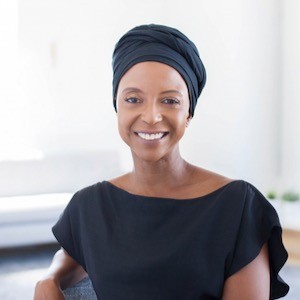
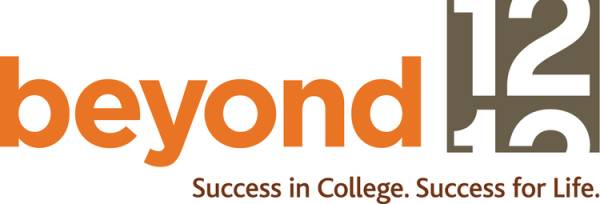
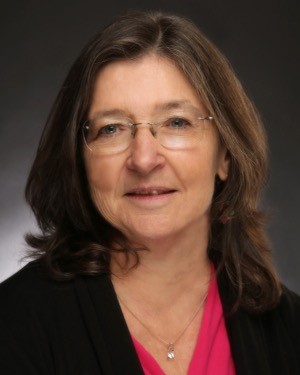
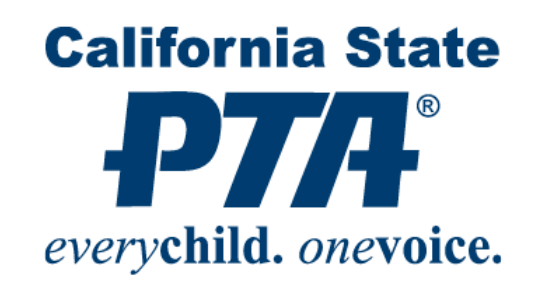
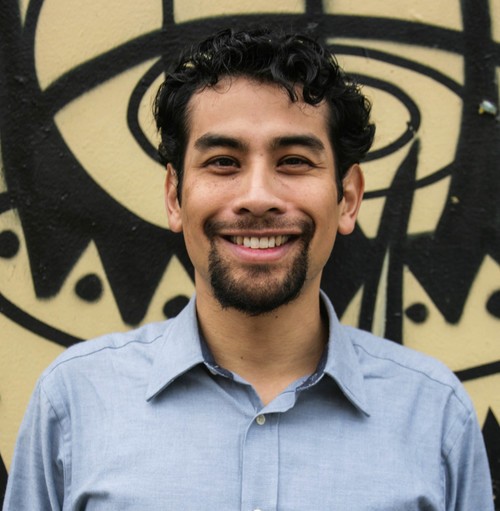
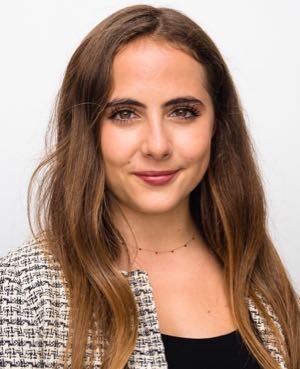

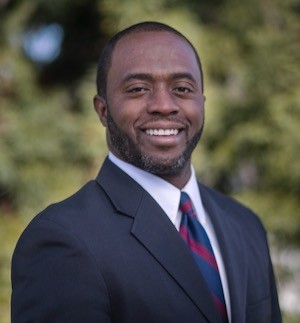
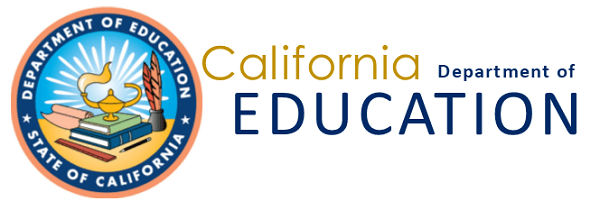
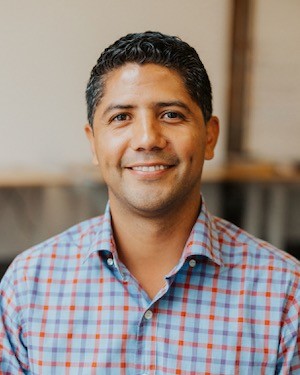
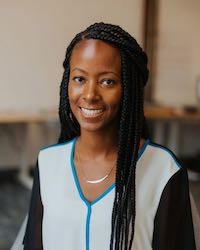
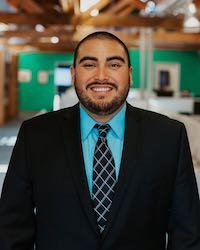
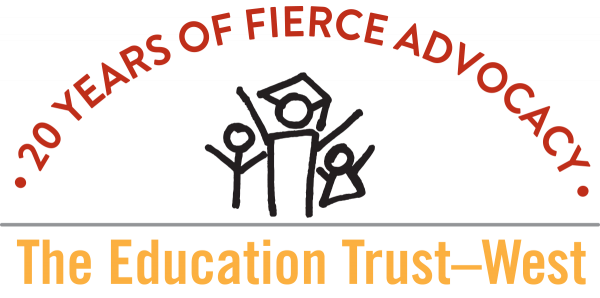
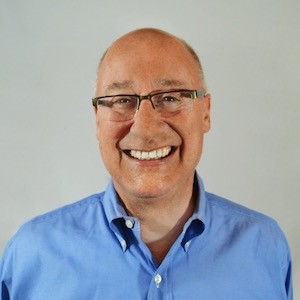

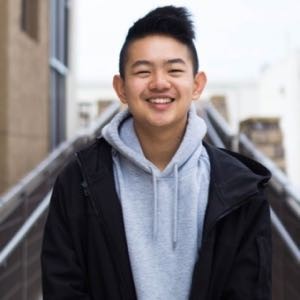

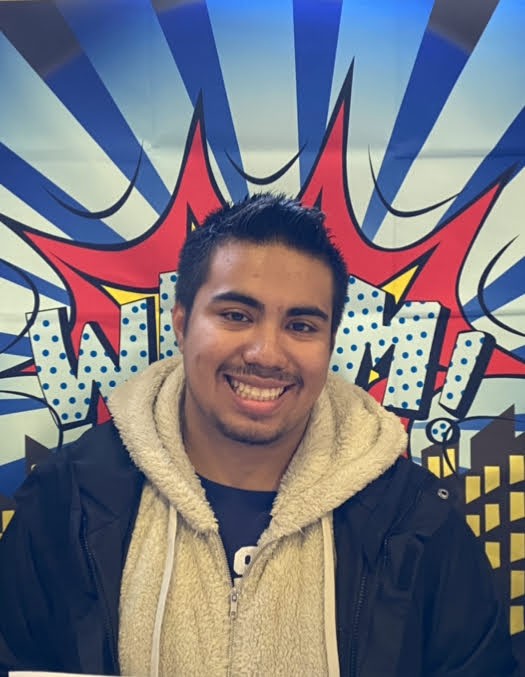


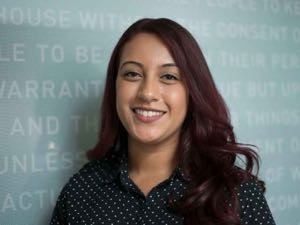
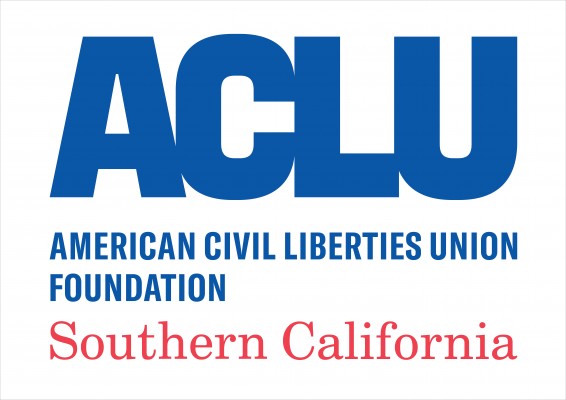
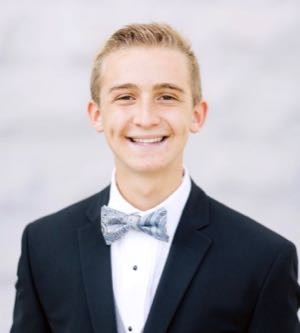
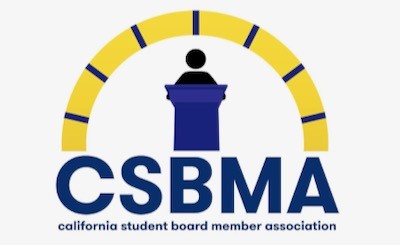
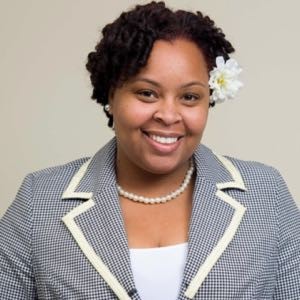

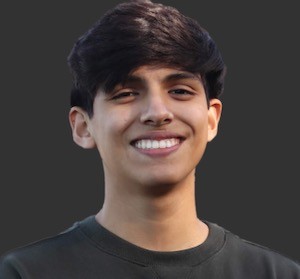
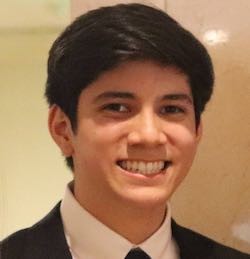
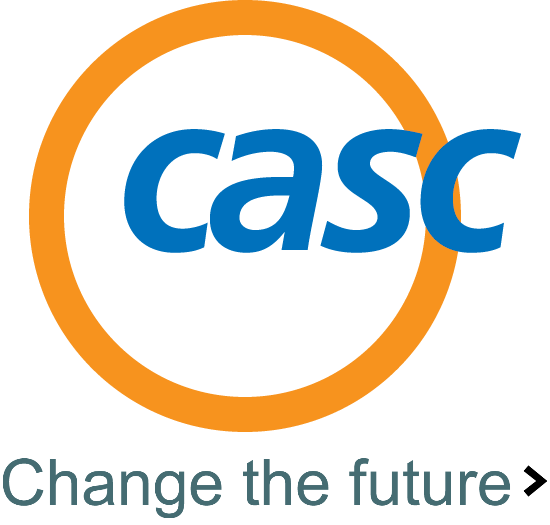
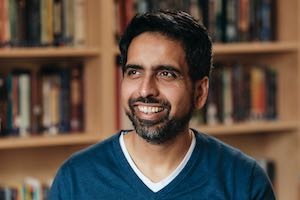

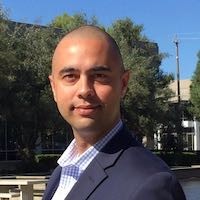

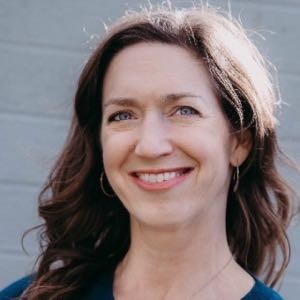

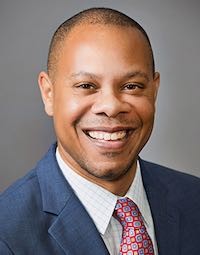
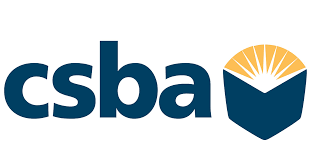

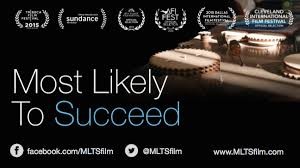
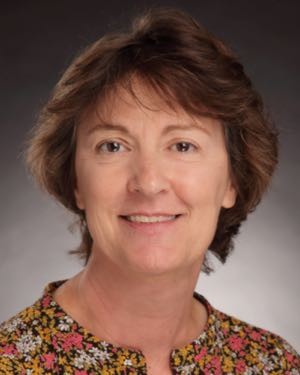

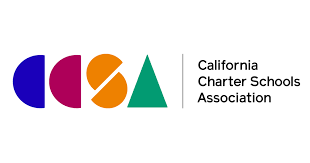
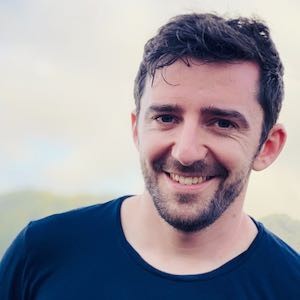
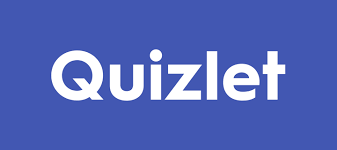
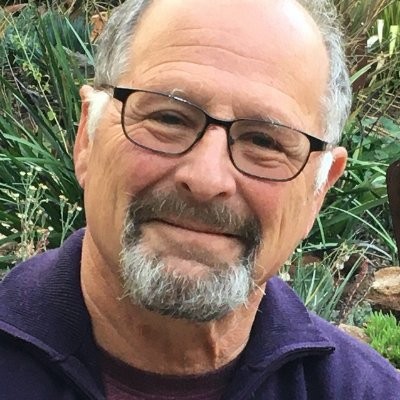
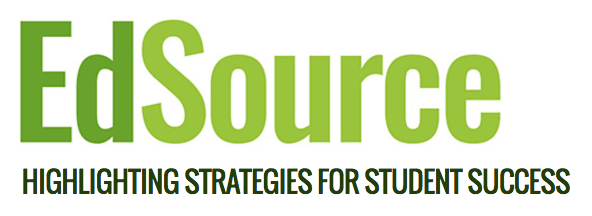
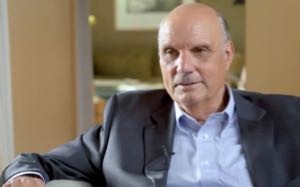
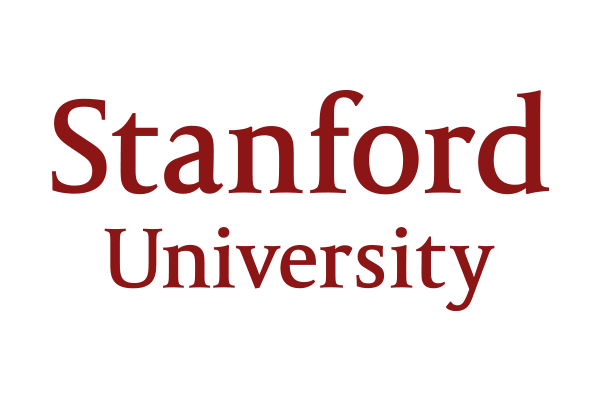
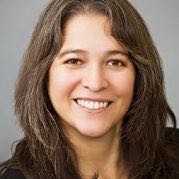
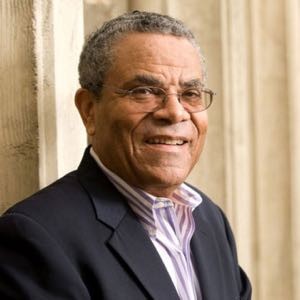
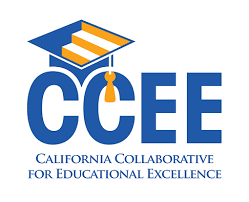











Questions & Comments
To comment or reply, please sign in .